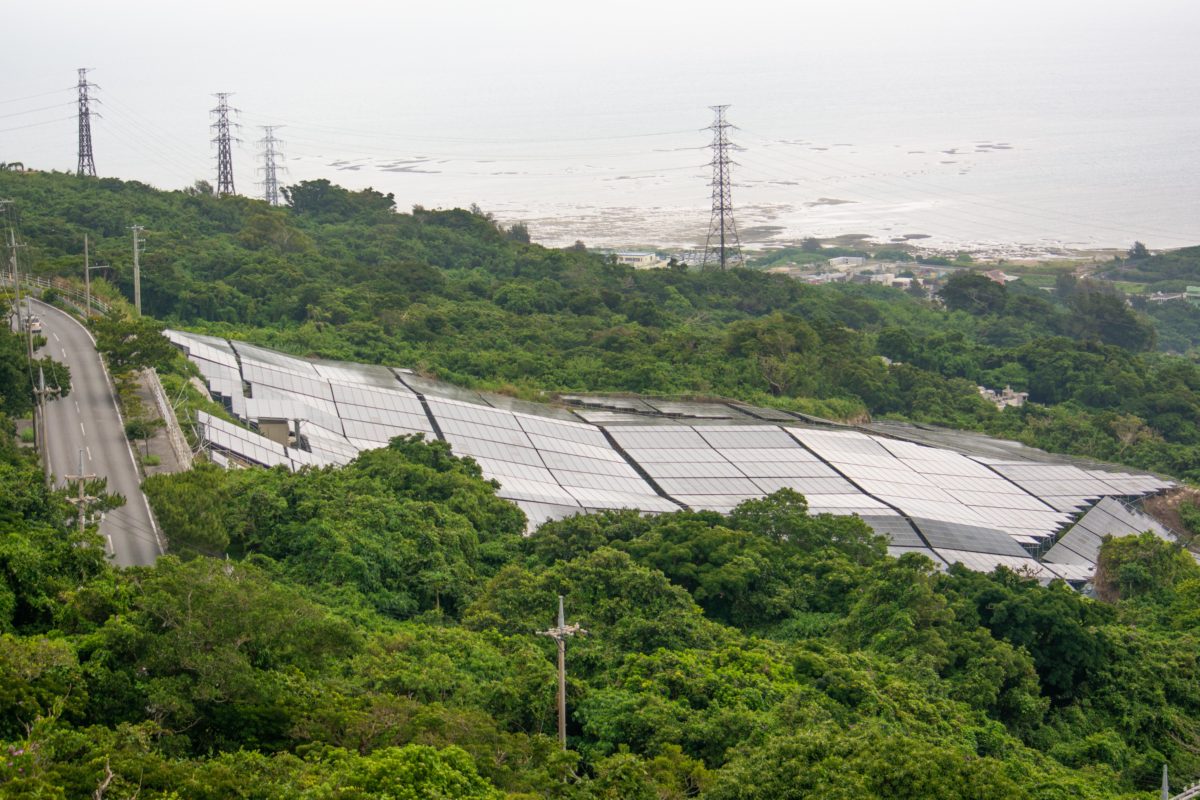Japanese research company Teikoku Databank has predicted further bankruptcies in Japan’s PV sector over the next few years, as a result of pending FIT cuts for large-scale solar and the transition to an auction procurement system.
In a new report, analysts revealed 95 solar sector companies went bankrupt last year, seven more than in 2017 and 28 more than in 2016. Last year, 44 companies declared bankruptcy in the first half and 51 did so in the second. In 2017, the proportion was 50/38. The figures represent a steady rise, with 16 companies going bust in 2013, 20 in 2014 and 38 a year later.
And there is no relief in sight, according to Teikoku Databank, thanks to FIT cuts announced by the Japanese government.
The total liabilities related to last year’s bankruptcies were ¥24 billion ($220 million), down from ¥30.2 billion a year earlier and ¥33.3 billion in 2016. It is interesting to note, however, the liabilities accumulated over the last three years account for the vast majority of total liabilities of Japanese solar bankruptcies since 2007, which amount to ¥136 billion.
FIT reduction was postponed
The Japanese government recently announced the postponement of a planned FIT reduction for solar projects of more than 2 MW capacity, from March to September, after the domestic PV industry appealed for more time to deal with the finalization of projects approved under the FIT scheme. The deadline for grid connection of such projects was also put back by six months, to September 30 next year, giving developers the chance to maintain FITs of either ¥40, ¥36 or ¥32 per kWh.
Japan’s Ministry of Economy, Trade and Industry said the pipeline of approved projects still to be built under the FIT scheme amounts to around 23.5 GW, while the Japan Photovoltaic Energy Association estimates the combined capacity of the projects at around 20 GW.
At the same time, the transition to an auction procurement system – launched last year and which has provided disappointing results in the first three tenders – appears more difficult than anticipated.
This content is protected by copyright and may not be reused. If you want to cooperate with us and would like to reuse some of our content, please contact: editors@pv-magazine.com.




1 comment
By submitting this form you agree to pv magazine using your data for the purposes of publishing your comment.
Your personal data will only be disclosed or otherwise transmitted to third parties for the purposes of spam filtering or if this is necessary for technical maintenance of the website. Any other transfer to third parties will not take place unless this is justified on the basis of applicable data protection regulations or if pv magazine is legally obliged to do so.
You may revoke this consent at any time with effect for the future, in which case your personal data will be deleted immediately. Otherwise, your data will be deleted if pv magazine has processed your request or the purpose of data storage is fulfilled.
Further information on data privacy can be found in our Data Protection Policy.